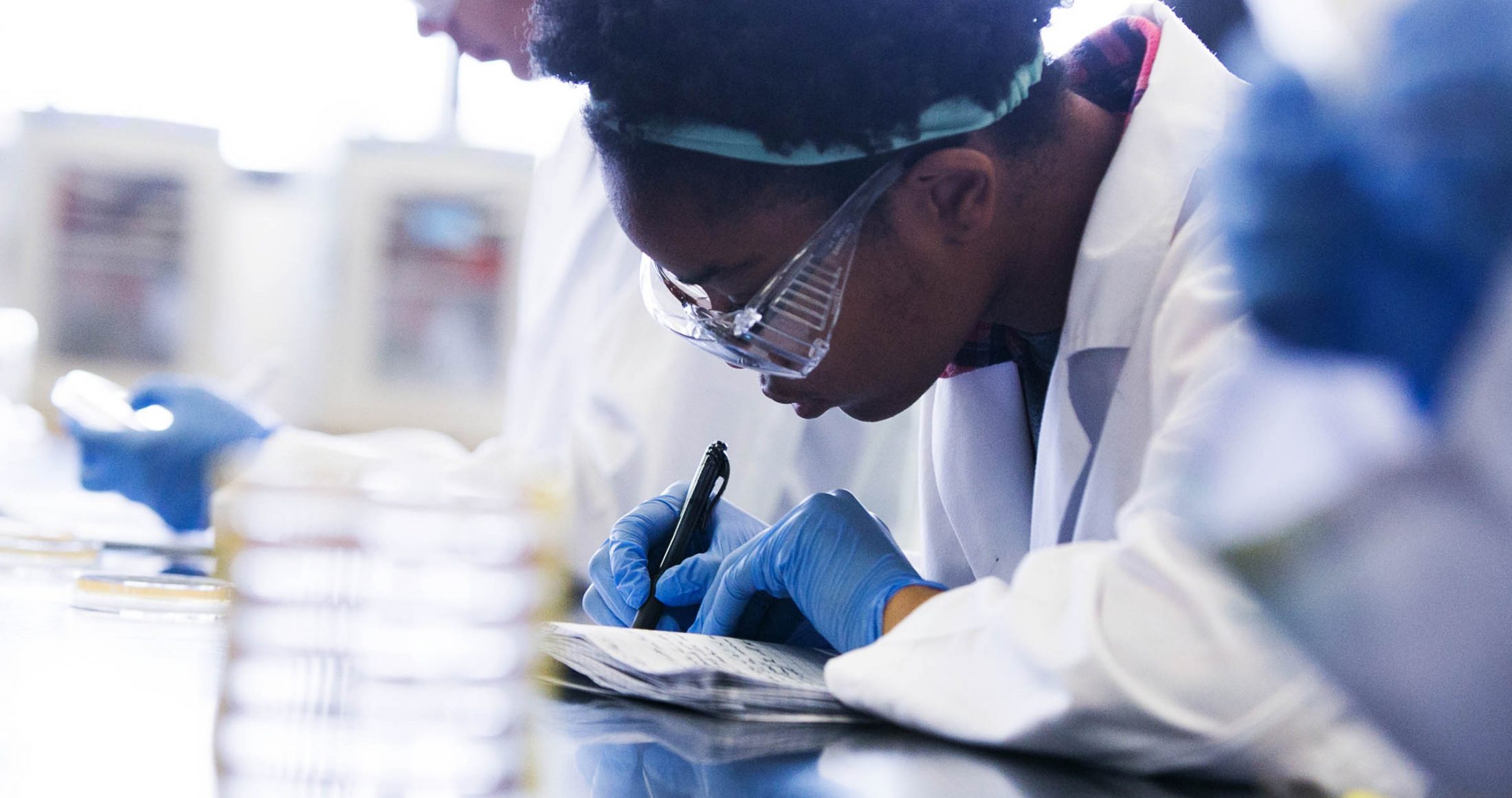CASE works towards this mission through a variety of programs for students and their teachers, each with a common goal: to empower children to ask questions, sharpen their analytical skills, develop leadership and general life skills and broaden their educational and career horizons.
Since 1989, CASE programs have served more than 800 students and 1,000 teachers in DC.
Since 1989, CASE programs have served more than 1,600 students and 1,200 teachers in DC. CASE’s First Light Saturday Science School, a free program for DC’s middle school students, gives students an opportunity to explore STEM skills and careers through hands on projects and direct work with STEM practitioners.
To enhance student STEM preparation, CASE continues to provide multiple professional learning opportunities for teachers. In the past few years, CASE has had great success with its programs and has been searching for ways to reduce duplication and amplify the efforts of its own and others’ programs through collaboration.
In 2014, in response to a recognized need for centralized coordination around STEM, CASE partnered with the DC Office of the State Superintendent of Education (OSSE) to launch the DC STEM Network. The DC STEM Network unites community partners in a sustainable collective effort to design, guide, and advocate for transformative STEM learning opportunities for all DC students. The Network is building STEM pathways for students so that they can enter the workforce STEM-literate. CASE managed the DC STEM Network from its initial launch in October 2014 until September 2018, when it transitioned to OSSE.
For more information on CASE’s history, check out our timeline!
